
Park’s candid remarks feared to irritate NK leadership
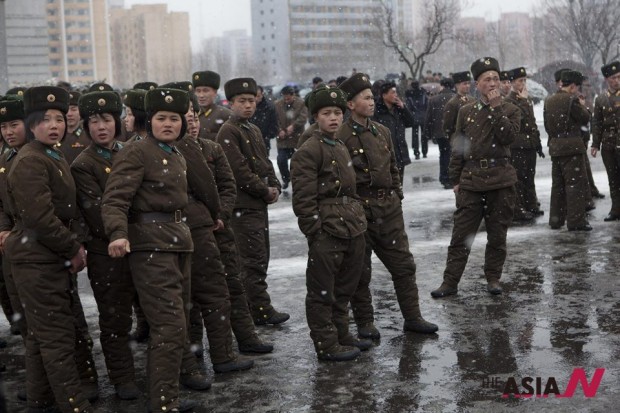
Soon after North Korea’s third nuclear test, Ms. Park Geun-hye, president-elect of South Korea, met current President Lee Myung-bak. As one should expect, South Korea’s future leader found harsh words for the North Korean government and its nuclear brinkmanship. Among other things, the president-elect remarked that, ‘One should know that the Soviet Union collapsed not from a lack of nuclear weapons’ – implying that an impressive stockpile of warheads did nothing to save the flagship of Leninist Communism from a sorry demise.
This was a highly controversial remark which perhaps was better to be avoided by South Korea’s next leader when talking in public. North Korea’s decision makers specialize in name calling, and they will not feel all that offended when someone describes them as ‘adventurous’ or ‘bellicose’, or ‘irrational.’ References to the sacristy of the international law, UN Security Council resolutions, or even ‘the will of almighty God’ fail to leave much of an impression. However, this particular remark of Ms. Park is rather different, since it is targeted at something which the North Korean regime believes to be its major vulnerability, i.e. the specter of revolutionary discontent.
Nonetheless, Park’s highly undiplomatic remarks were correct. The Soviet Union was destroyed from within, not from outside invasion. It collapsed under the weight of one peculiar feature of its economic system – its ingrained and incurable inability to produce quality consumption goods and maintain a high standard of living for its people.
The centrally planned economy of the Soviet Union has some very important advantages. Under such system, resources can be concentrated in areas that decision makers consider to be vital. As a result, state socialist economies can punch well above their meagre economic weight in these areas of perceived or real importance. These successes, though, come at a cost of grotesque wastage and inefficiency. Nonetheless, in the 1950s, the Soviet Union, in spite of being a rather poor country, was able to build good missiles and powerful nuclear weapons which matched those of far more affluent US (it also maintained a world-class school of classical ballet).
However, the Soviet economy, while being able to make good thermonuclear bombs and fighter jets, was pretty hopeless when it came to manufacturing reliable color TV sets, cars or blue jeans. In the Communist era, Russia even became a major importer of grain – a strange occurrence, Russia was before and after communism a major exporter of wheat. It was haunted by its inability to satisfactory manage the daily lives of people and produce consumption goods of reasonable quality. Unfortunately for the Politburo, these problems were of structural nature and could not be repaired without a switch to a market economy.
Indeed, it was the problem with consumption goods and services that brought the Soviet system down. With the passage of time, Soviet citizens started to understand how much better off people were in the developed West, and it was clear that the gap was not narrowing. The Soviet people were fed up with chronic (and worsening) shortages of consumption goods, long queues, and the necessarily regimented and austere nature of their economic lives under socialism.
The fate of Soviet-style state socialism was sealed by its inability to produce passenger cars which did not breakdown every few dozen miles, and footwear that do not immediately give their wearers blisters within the first few hours of wearing. In the eyes of the average Soviet citizen, neither space exploration nor the ability to make the world’s best battle tanks compensated for these shortcomings.
Admittedly, political considerations were also important: an increasingly educated society no longer accepted Communist party dogma, and was annoyed by the highly undemocratic rule of a self-appointed oligarchy. In many parts of both the USSR and Eastern Europe, nationalism and ethnic tensions were also significant. Ultimately, though, consumption issues and daily life proved to be decisive.
If anything, North Korea is even more vulnerable to such kinds of pressure. The North Korean economic system was built according to Soviet blueprints in the 1940s and 1950s. In the course of time, it was to be made even more restrictive and centralized. It is no wonder then that both positive and negative features of the earlier Soviet model find their logical extremes there.
Of all the countries who have ever succeeded in developing nuclear weapons and missiles, North Korea is the poorest. At the same time, the regimentation of daily life and the chronic shortage of consumption goods have reached a height in North Korea that would be unimaginable in the Soviet Union of the 1970s.
North Korea is indeed highly vulnerable to domestic discontent. The North Korean elite understands this vulnerability and therefore from time to time, Pyongyang has periodic economic campaigns aimed at improving living standards. However, these campaigns are never successful, and it could be otherwise. The inability to provide for everyday consumption is a structural feature of state socialism which has been taken to such extremes in North Korea.
At the same time, the North Korean political elite is different from its Soviet predecessors in the 1960s and 1970s in one important regard. The Soviet leadership did not realize that their regime would implode as the result of massive popular discontent. The North Korean elite is not so naive, they have witnessed the collapse of communism and are painfully aware of the fact that the same scenario could play out in North Korea too.
In their habitually conspiratorial mindset – surprisingly typical of regimes like this – the North Korean elite tends to put much blame for the collapse of European communism on the deliberate psychological operations clandestinely conducted by the CIA, MI-6, Mossad and various other imperialist intelligence agencies (actually, such operations, while far from being nonexistent, played a very marginal role in the outcome).
This makes the North Korean elite very tense when they get the hint that outside forces wish to exploit and encourage potential discontent of the impoverished North Korean populace.
This is the reason why the recent remark of president-elect Park was not advisable. It will clearly be construed in Pyongyang as a sign of South Korea’s willingness to actively encourage internal dissent in North Korea – in other words, to realize the worst nightmare of Kim Jong-un and his entourage.
From what is known, it appears that South Korean politicians have no interest in hastening the demise of the North Korean regime. They might pay lip service to the idea of unification and deliver usual critique of communism and dictatorship, but in reality they much prefer the status quo. Nonetheless, even hints of such an active interest in provoking dissent within North Korea is likely to seriously frighten the North Korean government – and a frightened North Korean government is the last thing the world needs right now.
Nonetheless, Park Geun-hye is likely to be eventually proven right in her candour. The North Korean nuclear problem is likely to be solved through a transformation within North Korea, not through diplomacy and negotiations. The driving force for such changes will have to be the North Korean people themselves and their desire to live in a less rigid, more prosperous and rewarding society. Such a society cannot come into being at present because of the nature of the regime in Pyongyang. This solution to the problem though, may be years if not decades away.



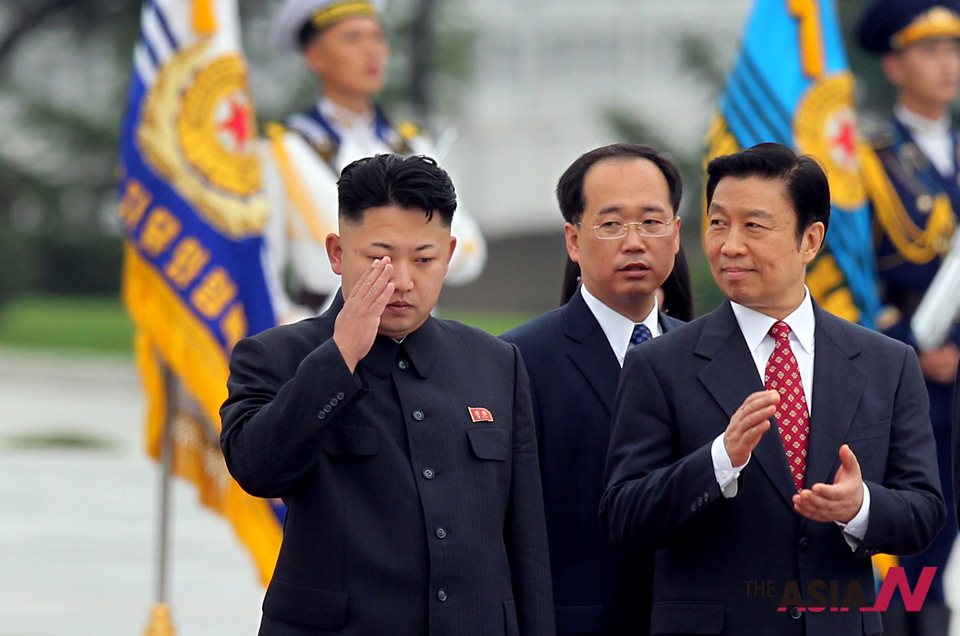
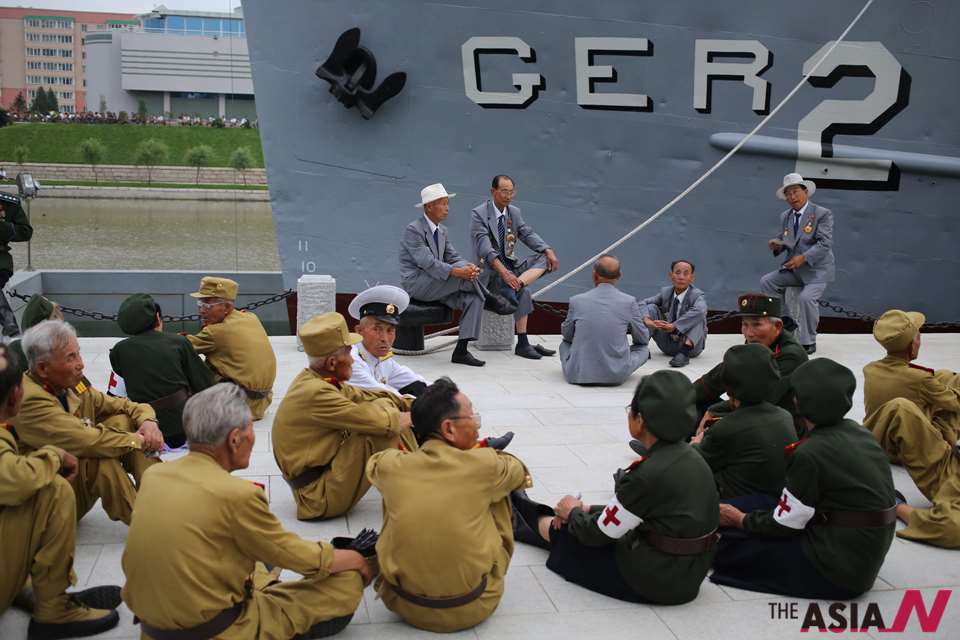
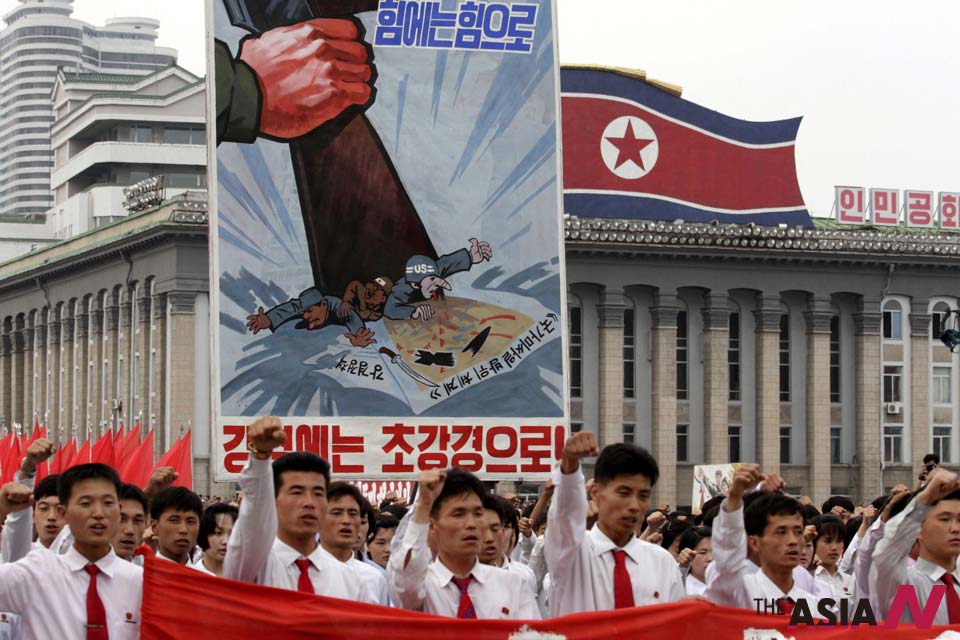
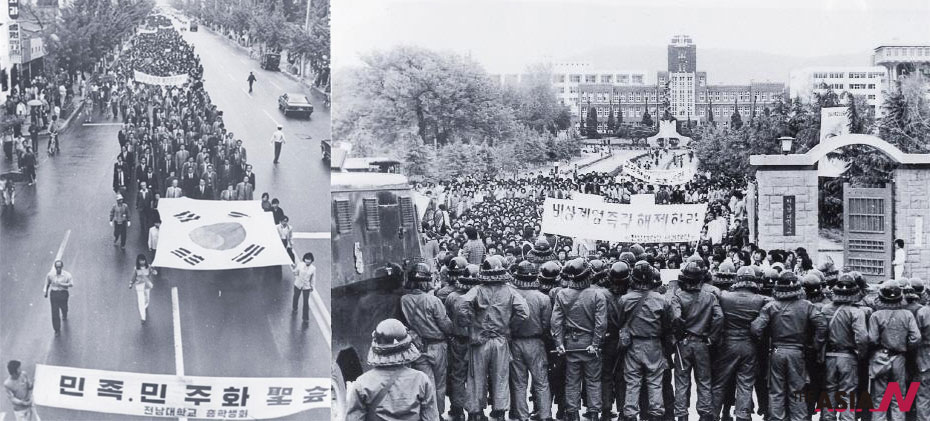



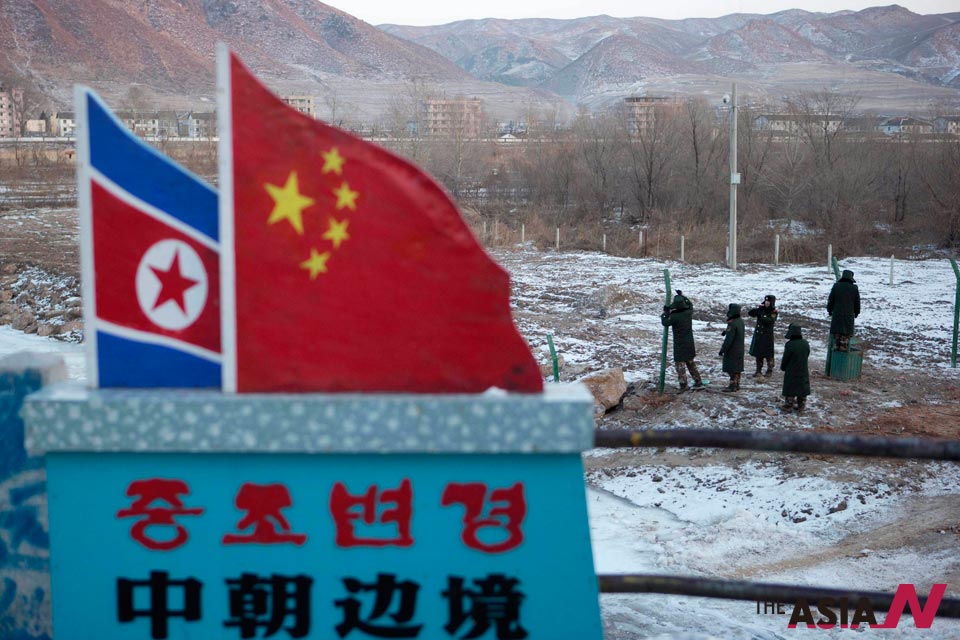
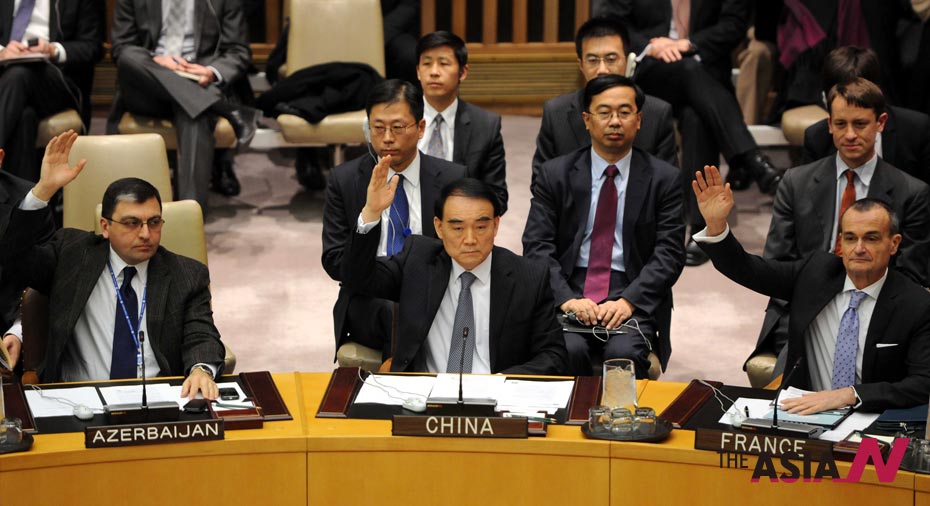

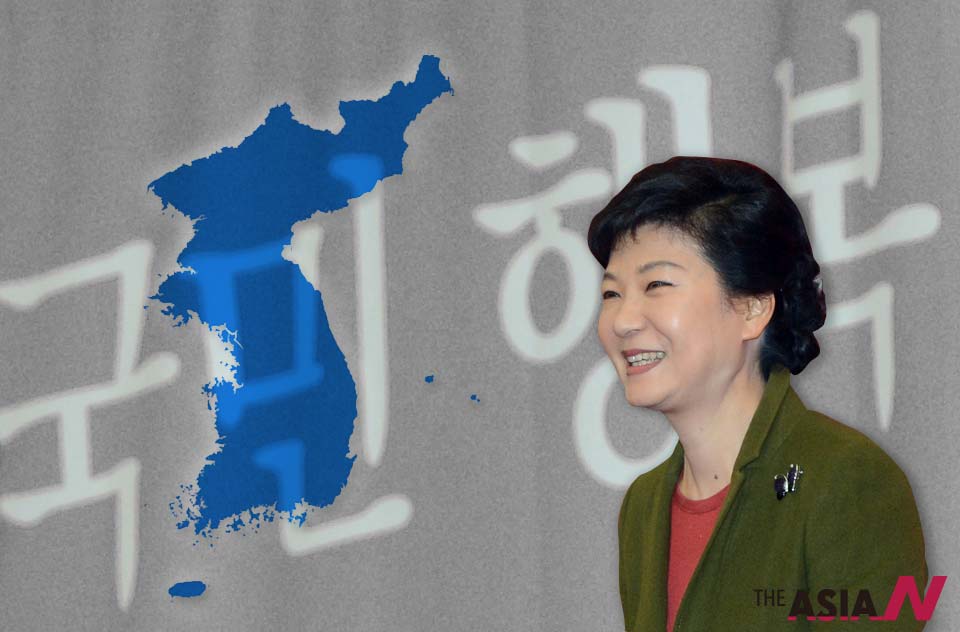
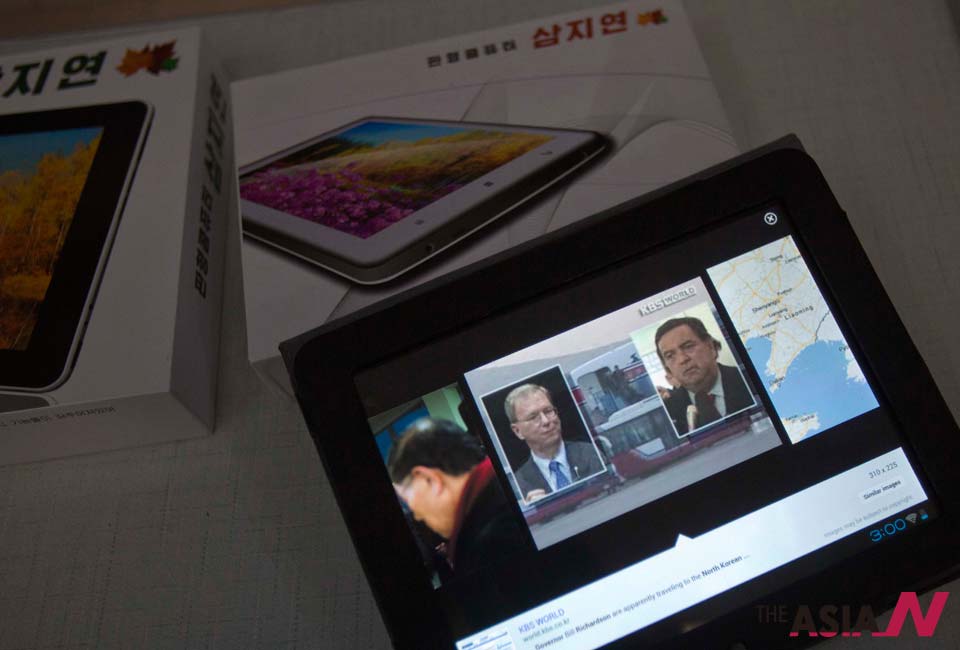
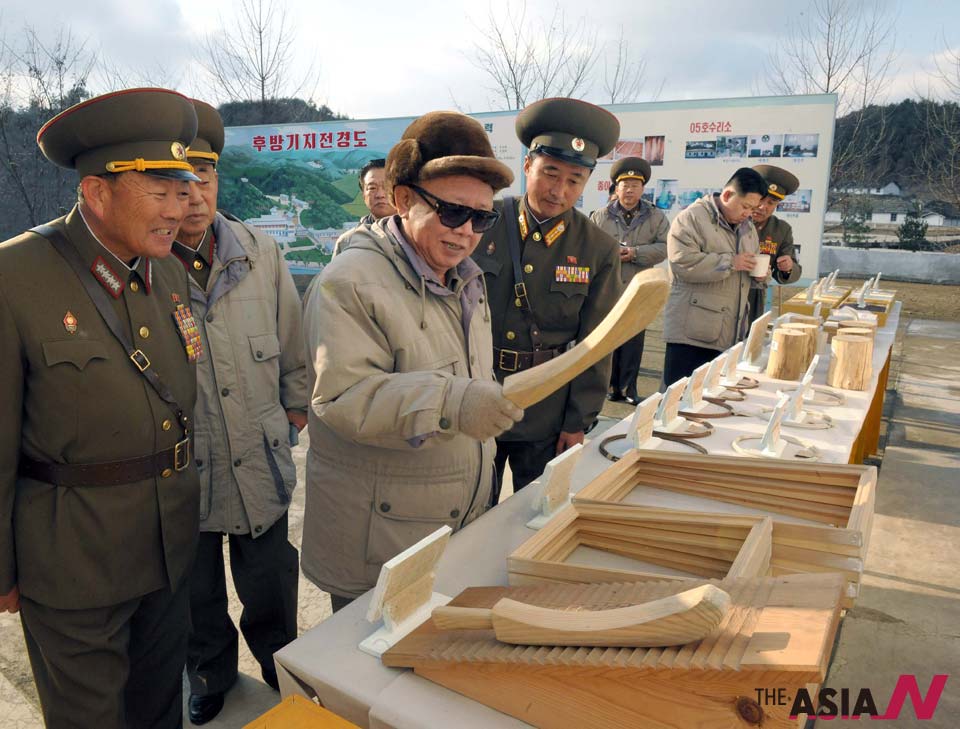
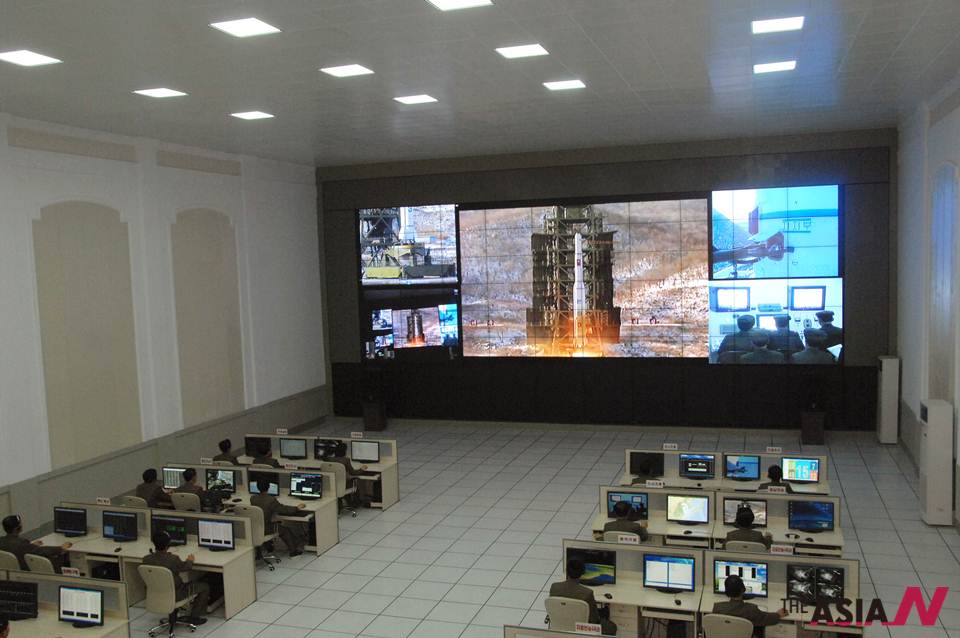

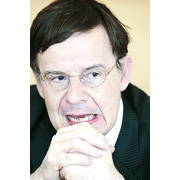
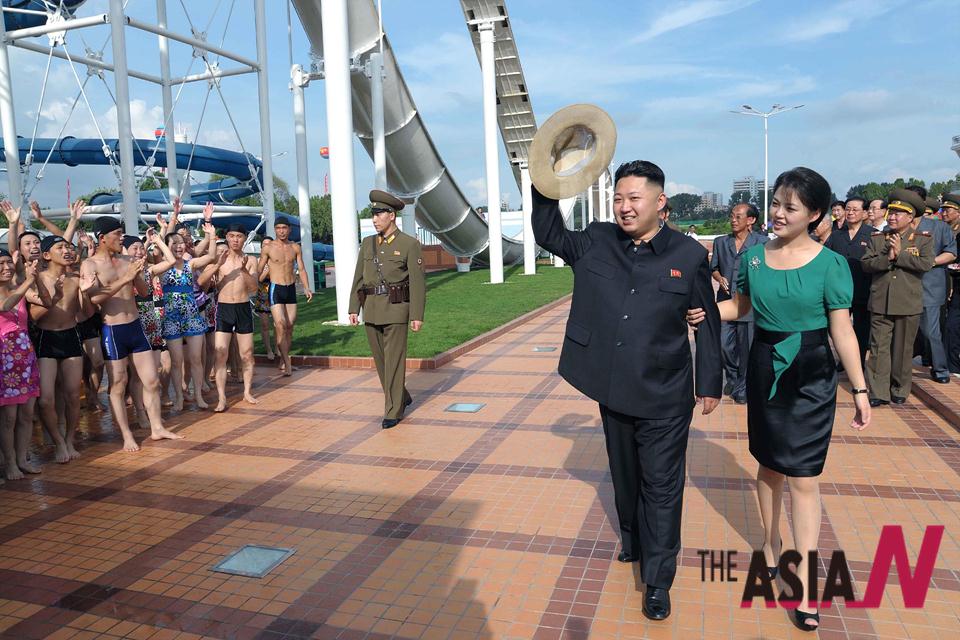
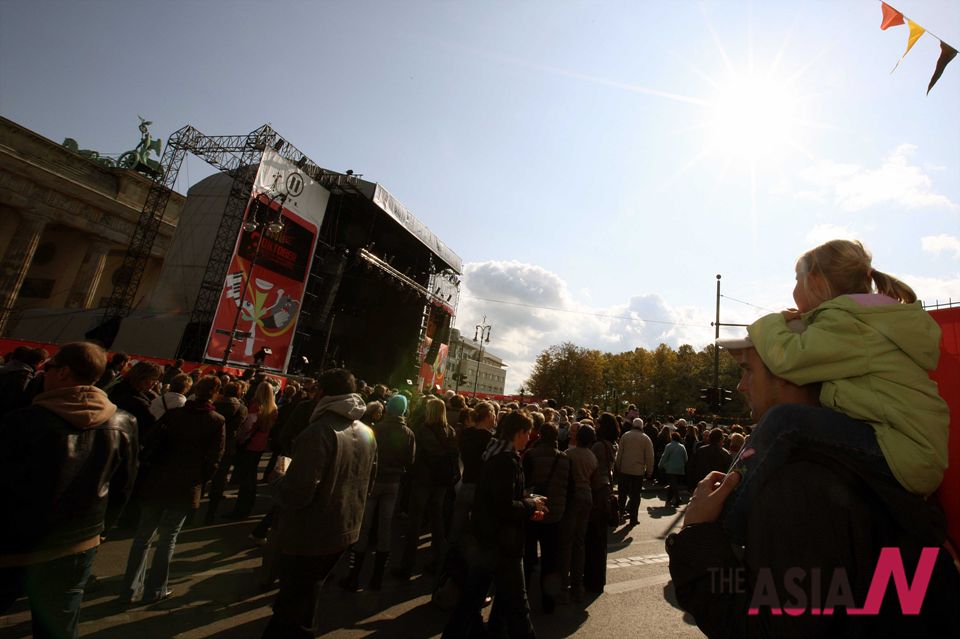

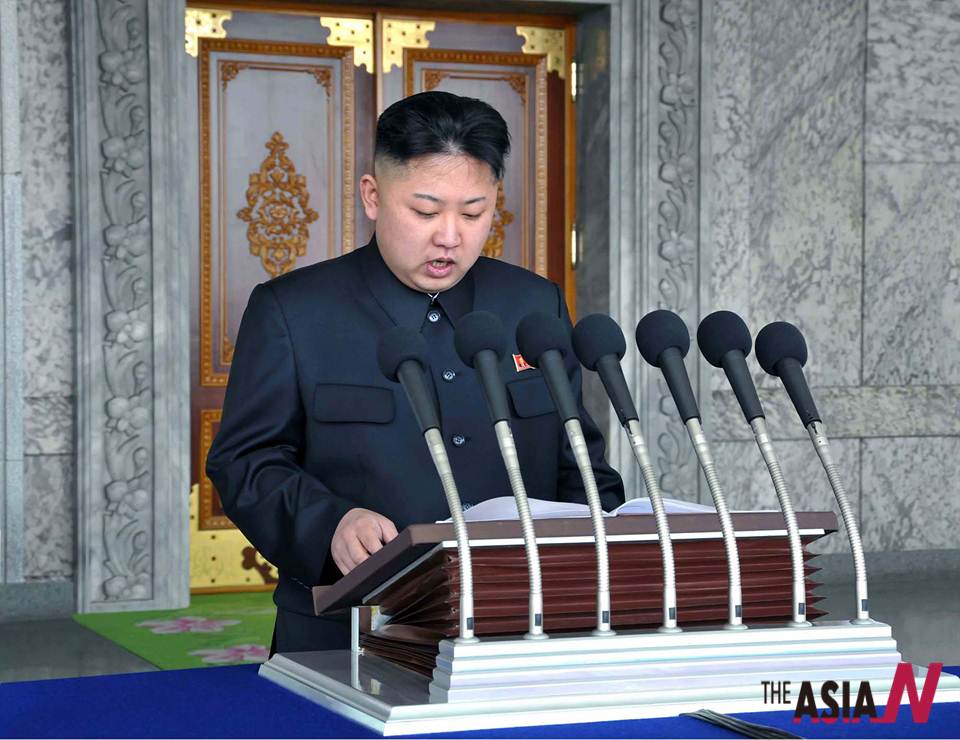
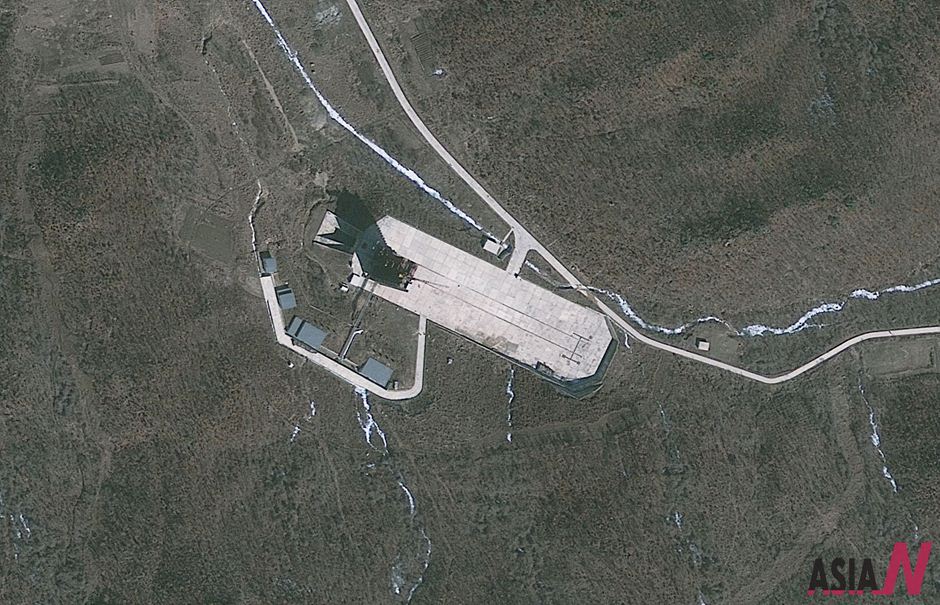
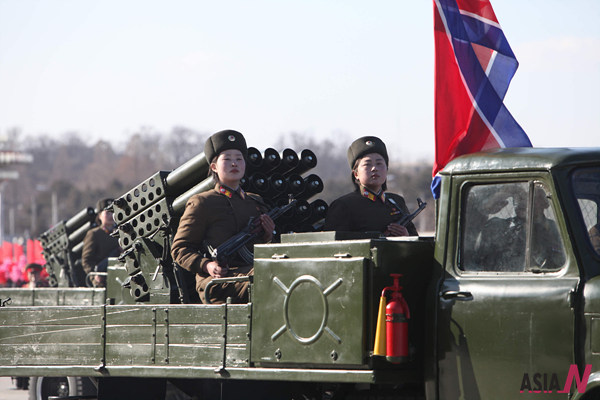
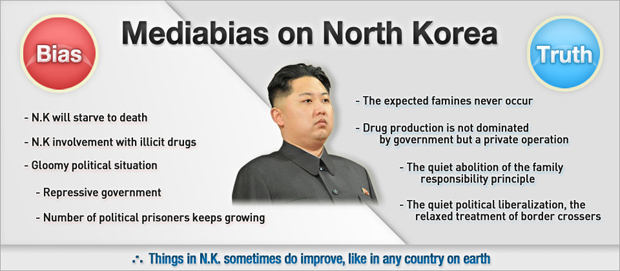


One thought on “Park’s candid remarks feared to irritate NK leadership”